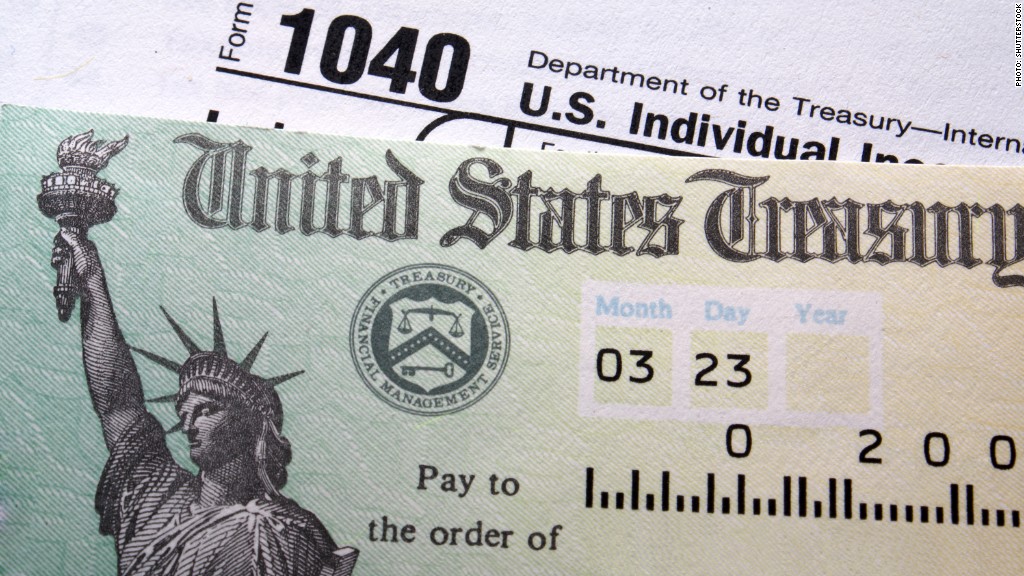Expecting a tax refund from the IRS or Massachusetts DOR? Thinking about filing a bankruptcy case to get rid of debt? Fine — but take a minute to think about how the two are related.
Tax refunds are hidden assets in bankruptcy cases. Meaning they are not the sort of thing ordinary people consider assets at all. Ordinary people just expect they might get them once a year or so. But assets they are, and that means doing some planning before a bankruptcy case is filed.
Because a tax refund is an asset, it needs to be listed on Schedule B (line 28 to be exact). Beyond that, the name of the game is to declare the refund exempt on Schedule C. Ideally, the entire refund can be exempted, but a partial exemption is better than nothing.
To declare the refund exempt, dipping into the “wild card” exemption is required. Individual debtors who can use the federal wild card exemption have about $13,000 in total to work with. But don’t forget to save some to cover bank accounts and other liquid assets! Retirement accounts (IRA, 401(k), etc.) don’t need to be covered with wild card.
If you can’t use the federal wildcard (perhaps because you also need to protect home equity with a Massachusetts or New Hampshire exemption) then you can use the wild card exemption from your home state against the refund. Massachusetts comes in a little less generous than the feds, with $6,000 available for this.
Married couples may be able to combine exemptions to bump up these amounts. But there is a need to be careful here; sometimes tax refunds “belong” to one spouse or the other in greater or lesser degrees, for example when one spouse makes all the money (and incurs all the tax deductions that generate the refund), while the other spouse stays at home with the family. Both the refund and the wild card exemptions may need to be carefully allocated in these circumstances.
In Massachusetts and New Hampshire, bankruptcy trustees start dreaming about collecting debtor’s refunds as early as October of the prior year, and the interest remains high right through the April 15th tax filing deadline. But refunds are fair game all throughout the year by law, so attorneys should be on guard and ready to some exemption tax planning in every case, all year long.
by Doug Beaton
